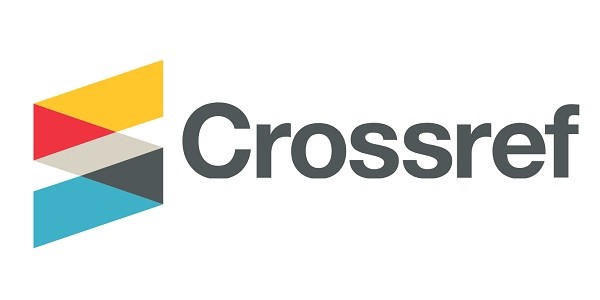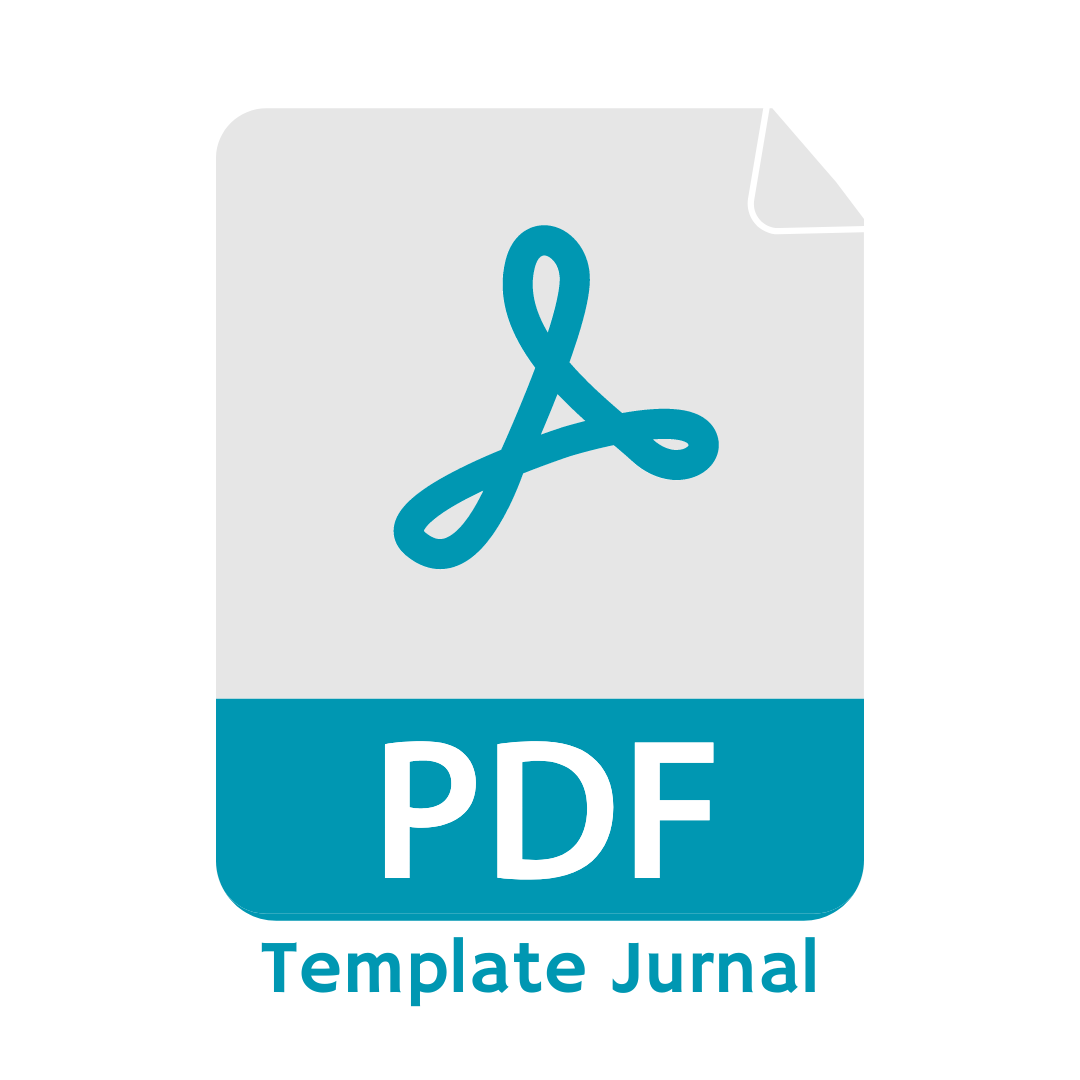Call For Paper, Volume 12 No 1 Juni 2025
Batas akhir pengumpulan artikel pada tanggal 31 April 2025 dan Artikel akan dipublikasikan pada bulan Juni 2024, Pastikan Summit Artikel sesuai dengan Template yang disediakan.
Read more about Call For Paper, Volume 12 No 1 Juni 2025
 Wacana: Jurnal Ilmu Sosial dan Ilmu Politik Interdisiplin is a journal published by the Department of Governmental Science, the University of Palangka Raya which contains research results in the fields of social sciences and humanities. The aim of this journal is to publish and disseminate writings in the fields of social sciences and humanities that can contribute to the development of science. Wacana: Jurnal Ilmu Sosial dan Ilmu Politik Interdisiplin is published twice a year in June and December. Wacana: Jurnal Ilmu Sosial dan Ilmu Politik Interdisiplin, accepts writing in the form of quantitative and qualitative research from academics, practitioners, researchers, and students relevant to social science and humanities topics. WACANA Journal is published by the Department of Government Science, Faculty of Social Sciences (FISIP), Palangka Raya University. This journal publishes 10 articles for each volume twice a year in the month of June dan December. If you are interested, we recommend that you read our policies as well as author guidelines.
Wacana: Jurnal Ilmu Sosial dan Ilmu Politik Interdisiplin is a journal published by the Department of Governmental Science, the University of Palangka Raya which contains research results in the fields of social sciences and humanities. The aim of this journal is to publish and disseminate writings in the fields of social sciences and humanities that can contribute to the development of science. Wacana: Jurnal Ilmu Sosial dan Ilmu Politik Interdisiplin is published twice a year in June and December. Wacana: Jurnal Ilmu Sosial dan Ilmu Politik Interdisiplin, accepts writing in the form of quantitative and qualitative research from academics, practitioners, researchers, and students relevant to social science and humanities topics. WACANA Journal is published by the Department of Government Science, Faculty of Social Sciences (FISIP), Palangka Raya University. This journal publishes 10 articles for each volume twice a year in the month of June dan December. If you are interested, we recommend that you read our policies as well as author guidelines.









